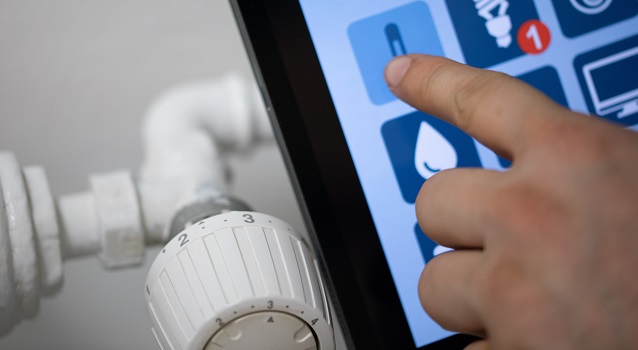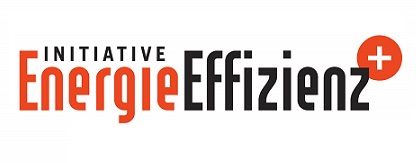References on energy savings from heating systems
Support in the project ReDaWi (show references - analyze data - broaden knowledge) of the dena.
The building sector in Germany is responsible for a large share of greenhouse gas emissions. Most emissions result from the use of fossil energy (gas, oil, district heating) for heating and the generation of hot water, e.g. for heating systems. According to the goals of the German government, the building sector is to become climate-neutral by 2045. To achieve this, the energy demand of buildings must be significantly reduced and the necessary energy supply must be covered from renewable sources.
Provide documentation of successful optimization of heating systems
In the short term, energy consumption can be reduced by controlling existing heating systems more efficiently. This can immediately reduce CO2 emissions and gain time for more extensive renovation measures. So far, however, there has been a lack of meaningful references and best-practice examples documenting successful optimization of heating systems in the building sector.
The German Energy Agency (dena) has therefore initiated the ReDaWi project (Show References – Analyze Data – Broaden Knowledge). Successful examples of the optimization of heating systems in multi-storey residential buildings and the energy savings achieved are processed and made available in a reference database. The aim is to make the projects comprehensible and researchable and thus to stimulate further projects.
Stimulate further projects through researchable data
The Borderstep Institute supports the German Energy Agency in the project with the development of an analysis and evaluation matrix for reference objects and the determination of key figures. The institute can draw on its own extensive preliminary work on model projects and studies in multi-storey residential construction.
Results that Borderstep has already published on this topic include the study for the industry association Bitkom: Klimaschutz und Energieeffizienz durch digitale Gebäudetechnologien (Climate Protection and Energy Efficiency through Digital Building Technologies) and the study Energiesparen dank Gebäudeautomation: Ausgewählte Fallbeispiele (Energy Saving Thanks to Building Automation: Selected Case Studies) for the Smart Living Economic Initiative.


